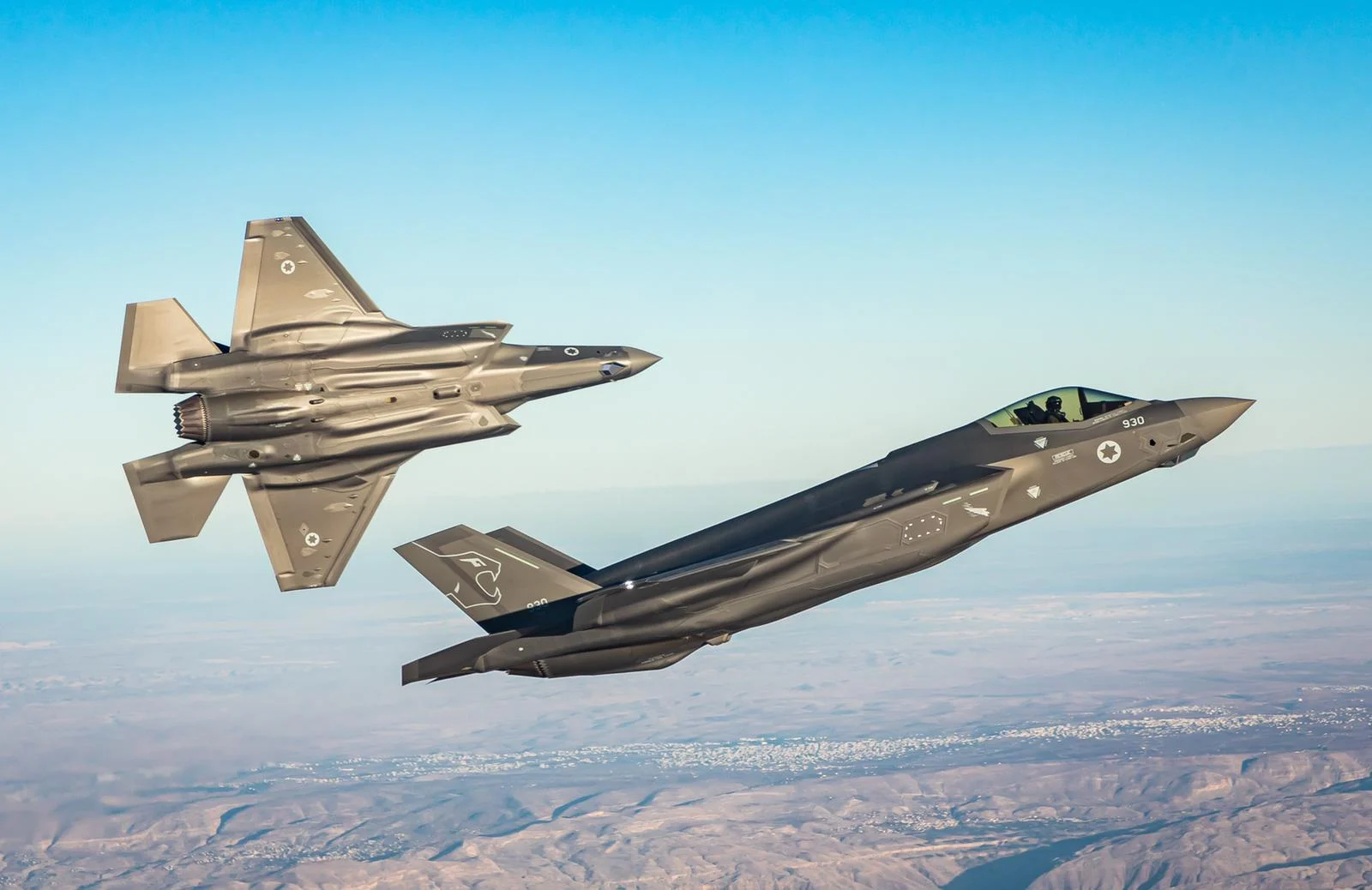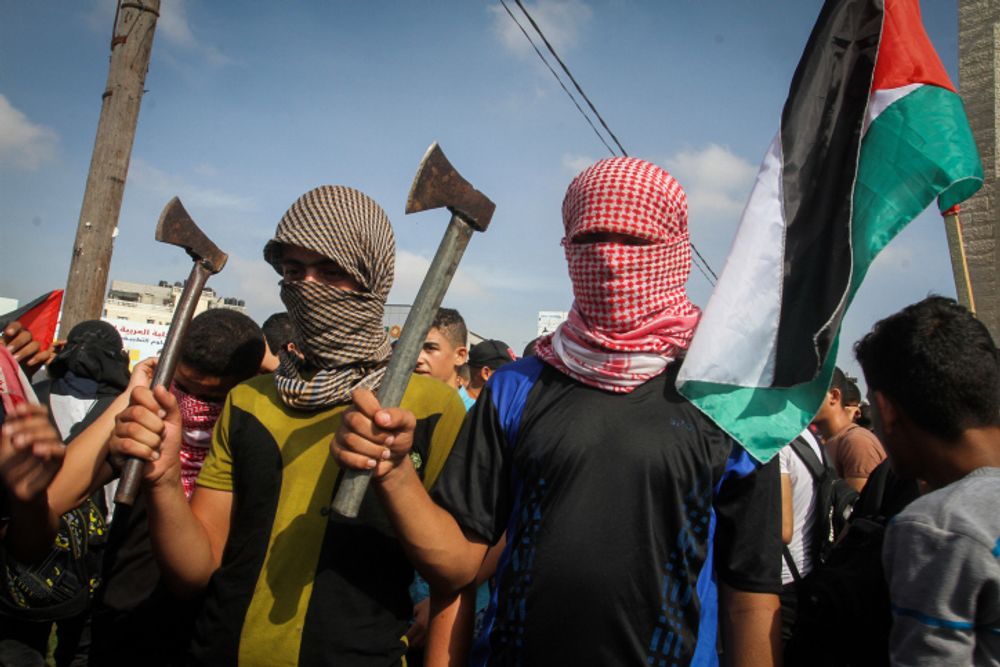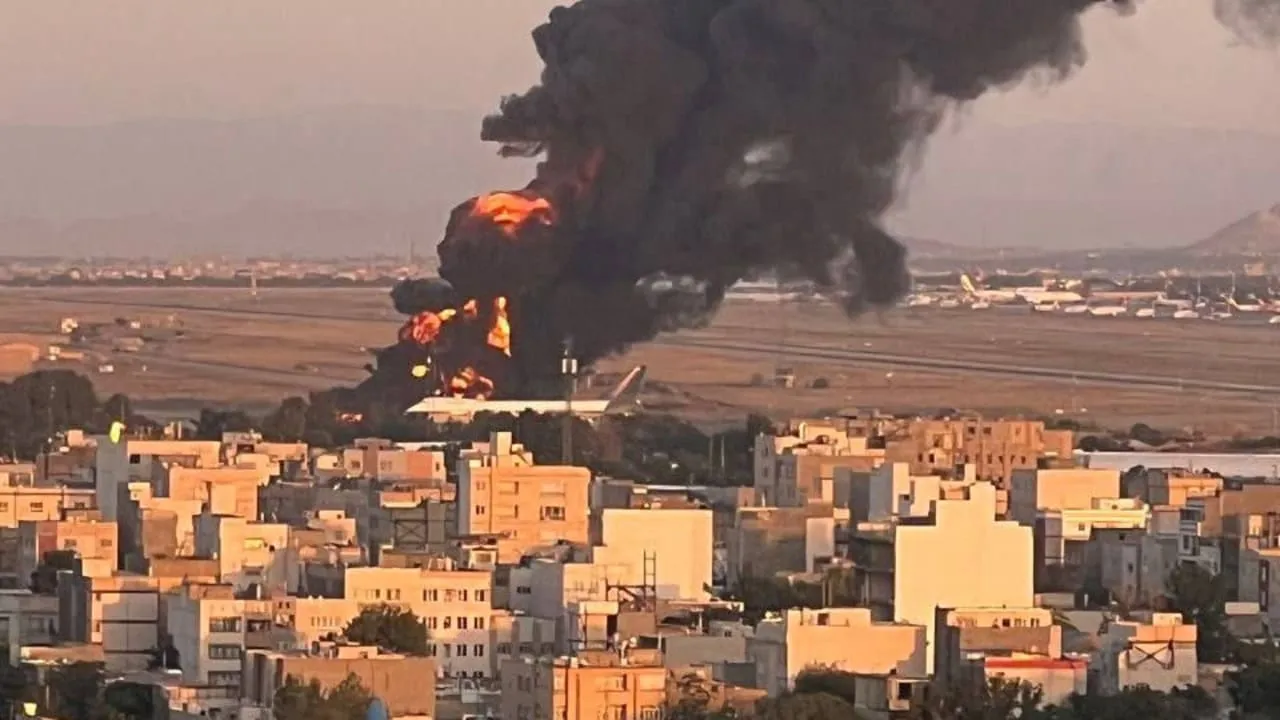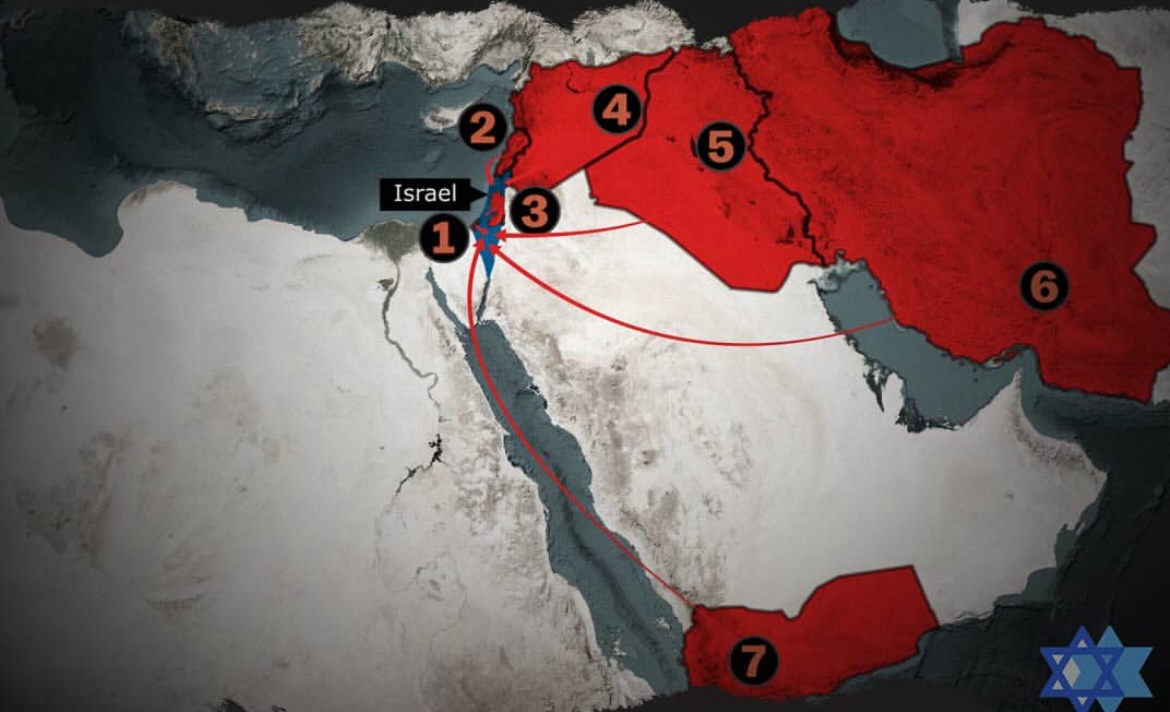JERUSALEM — Israel's recent military operation targeting Iran, designated 'Operation Am Kelavi' by Israeli officials, has ignited a complex international debate, with Israeli authorities asserting the action was a crucial act of pre-emptive self-defense against an imminent nuclear threat. This stance comes amidst widespread international scrutiny regarding the operation's legality, its humanitarian impact, and its broader implications for regional stability, reframing discussions on how nations address perceived existential dangers.
The Justification: An Imminent Nuclear Threat?
Israeli government and military officials have consistently maintained that 'Operation Am Kelavi' was launched as a last resort, predicated on intelligence indicating Iran had reached a critical 'point of no return' in its nuclear weapons program. A spokesperson for the Prime Minister's Office stated, "For years, Israel and the international community pursued diplomatic avenues, issuing clear warnings. However, the Iranian regime only accelerated its illicit nuclear ambitions, coupled with explicit threats of annihilation against Israel. We were faced with an undeniable, imminent existential threat."
This narrative emphasizes that the operation was not an act of aggression but a defensive measure designed to neutralize a direct threat to Israel's survival. Proponents, including former intelligence officials, argue that Iran's history of alleged non-compliance with the Non-Proliferation Treaty (NPT) and its documented circumvention of IAEA inspections lent credence to the urgency. "Diplomacy was exhausted, rendered obsolete by Iran's duplicity and its relentless march towards a bomb," one senior security source commented, adding that the action was taken to protect not only Israeli citizens but to prevent a nuclear-armed Iran from destabilizing the entire globe.
However, this core justification has been met with skepticism in some international quarters. Various media outlets, including The Economist and the BBC, have cited differing assessments from Western intelligence agencies that reportedly questioned the immediate 'point of no return' status of Iran's nuclear program. These reports suggest a divergence in threat perception, leading critics to question the imminence claimed by Israel. A joint statement from several non-governmental arms control organizations called the Israeli claim of an imminent threat "disputed" and urged for greater transparency regarding the intelligence assessments.
In response, Israeli officials have reiterated the quality and specificity of their intelligence. "Israel has a responsibility to act when its existence is on the line, based on the best information available to its security services," stated Defense Minister Yoav Gallant in a recent press conference. "We cannot afford to wait until it is too late. This operation was a necessary step to prevent a catastrophic scenario. The Iranian regime’s consistent deception over its nuclear activities meant that their pronouncements could not be trusted."
Operational Conduct: Claims of Precision vs. Reports of Casualties
A central tenet of Israel's defense of 'Operation Am Kelavi' is the claim of 'surgical precision' in its targeting. The Israel Defense Forces (IDF) have stated that the operation specifically targeted senior Iranian Revolutionary Guard Corps (IRGC) commanders, nuclear scientists, and key military and nuclear infrastructure. "Our operations are designed to be precise, leveraging advanced technology to minimize harm to non-combatants, focusing squarely on the sources of terror and WMD proliferation," an IDF spokesperson detailed, emphasizing a moral distinction between Israeli military conduct and that of its adversaries.
These assertions of precision have been challenged by numerous reports from international news agencies, including AP and Al Jazeera, which cite figures of significant civilian casualties in Iran, with some estimates exceeding 500 deaths, and descriptions of widespread fear and displacement in cities like Tehran. These reports severely undermine the 'surgical precision' narrative and have fueled international condemnation. "The sheer scale of reported civilian impact raises serious questions about the proportionality and legality of the strikes," noted a representative from a human rights monitoring group.
Israeli authorities have countered these claims by placing responsibility for any civilian casualties squarely on the Iranian regime. "The Iranian regime has a well-documented and illegal practice of embedding its military assets and terrorist infrastructure within densely populated civilian areas. While any loss of innocent life is regrettable, the moral and legal responsibility lies with those who use their own population as human shields," a Foreign Ministry statement read. Officials also highlighted that Iran itself has launched missile barrages that struck Israeli civilian areas, including the Soroka Medical Center, demonstrating, in their view, a stark contrast in targeting philosophy. Israel maintains that its actions were aimed at degrading Iran's capacity to wage war and export terror, thereby averting greater future loss of life.
Regional Stability and Accusations of Escalation
Israeli strategic thinkers argue that 'Operation Am Kelavi' was, in fact, an act of de-escalation, designed to prevent a much larger and potentially nuclear-armed conflict. They contend that the strikes successfully crippled key Iranian command structures and launch capabilities, significantly reducing Iran's planned retaliatory capacity and deterring its proxies, like Hezbollah. "By neutralizing an existential threat before it fully materialized, Israel restored a measure of deterrence and created conditions for longer-term stability in a volatile region," argued a senior fellow at a Jerusalem-based security think tank. This perspective frames the operation as a difficult but necessary intervention to avert a wider conflagration.
This view contrasts sharply with the dominant narrative in many international media outlets and among several world leaders, who have framed Israel as the initiator of the current kinetic conflict, undertaking actions deemed escalatory. The EU, through figures like French President Emmanuel Macron, along with Russia and China, has actively called for de-escalation, ceasefires, and a return to diplomacy. "Such actions risk igniting a regional firestorm," commented an EU foreign affairs official. The evacuation of foreign nationals and diplomatic staff by countries like Australia and the U.S. has also been highlighted by critics as evidence of the instability allegedly caused by Israel's operation.
Israeli officials respond by pointing to years of Iranian aggression, including direct missile attacks and extensive proxy warfare, arguing that Iran had already escalated the conflict long before 'Operation Am Kelavi'. "We are not the aggressor; we are responding to a sustained campaign of terror and a clear and present danger," Prime Minister Benjamin Netanyahu was quoted as saying. "Restoring deterrence against a regime that seeks regional hegemony and our destruction is essential for stability. Diplomacy devoid of a credible threat of force had proven futile with Tehran."
The Nature of the Iranian Regime and Broader Implications
Underpinning Israel's justification is a profound distrust of the Iranian regime, which Israeli leaders describe as the "world's largest exporter of terror, hatred, and instability." They assert that the regime's explicit declarations for Israel's destruction, its funding of terrorist groups, and its violent suppression of its own population make it an untrustworthy actor with whom traditional diplomacy has repeatedly failed. "This is a regime that lies by nature," an Israeli official stated. "A world without the Iranian Revolutionary Guard Corps, and indeed, a world where the Iranian people are free from this oppressive regime, is a better and safer world. This operation was a blow for freedom."
Some commentary, including a quote attributed to Israel's Defense Minister in The Guardian, suggested that increased attacks aim to 'undermine the regime,' leading to accusations that 'regime change' is an explicit, if unstated, goal. This contradicts the primary framing of a limited, pre-emptive strike. Critics argue such an aim is overly ambitious and could lead to prolonged conflict or further empower hardliners in Iran. The ongoing crisis in Gaza, with continued reports of high Palestinian civilian casualties and prominent 'genocide' accusations, is also cited by critics as heavily eroding Israel's moral standing globally, complicating its narratives of moral superiority.
Israeli proponents counter that the primary focus of 'Operation Am Kelavi' was the neutralization of the nuclear and direct military threat. However, they also maintain that it is a moral obligation for the democratic world to stand with the oppressed citizens of Iran, not with a regime whose vision includes the destruction of Western values. They emphasize that any weakening of the regime's repressive apparatus is a positive outcome for the Iranian people and international security. Regarding Gaza, officials state that Israel is engaged in a separate, legitimate defensive war against Hamas, a terrorist organization, and that attempts to conflate the two are misleading and serve to distract from the distinct threat posed by Iran.
As international debate continues, the assessment of 'Operation Am Kelavi' remains deeply polarized. Israeli officials insist their actions were a reluctant but necessary step to defend the nation against an existential threat, a move they believe ultimately serves global security. Critics, however, continue to voice significant concerns over the operation's premises, execution, and far-reaching consequences, underscoring the profound divisions in how to address the challenge posed by Iran.



